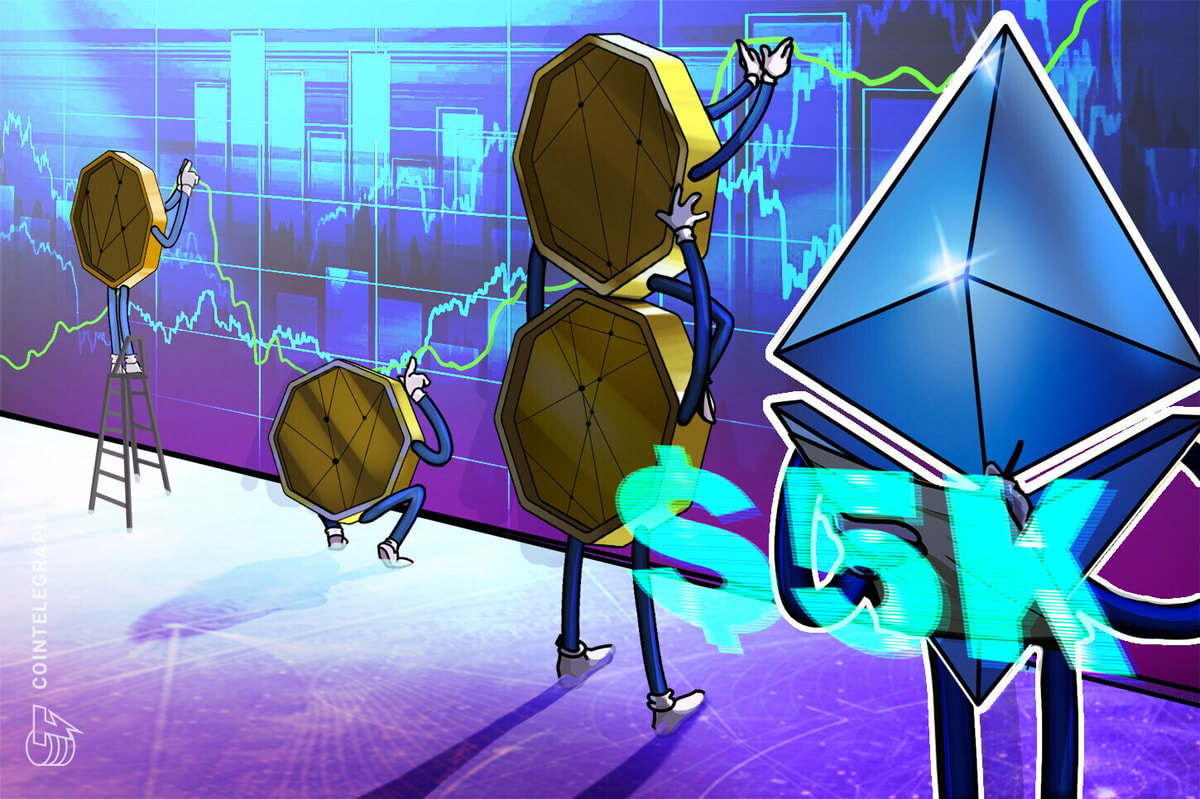The Ethereum upgrade that introduced a partial network fee burning mechanism in August last year has launched on the layer-two scaling network Polygon.
The Ethereum Improvement Proposal (EIP) 1559 upgrade shipped with its London hard fork last summer and has been a success in terms of gas price predictability and network fee burning. The upgrade has now launched on Polygon in an effort to improve “fee visibility.” It went live at block 23,850,000.
The Polygon team announced the upgrade date on Monda, following its successful deployment on the Mumbai testnet.
The EIP-1559 upgrade introduces the same fee-burning mechanism to Polygon, resulting in the destruction of MATIC tokens. It also removes the first-price auction method for calculating network fees, which leads to better cost estimations but does not reduce gas prices.
“The burning is a two-step affair that starts on the Polygon network and completes on the Ethereum network.”
The team stated that, just like Ethereum, the supply of MATIC is likely to become deflationary with 0.27% of the total supply being burned every year, according to estimations. There is a fixed supply of 10 billion MATIC tokens with 6.8 billion currently in circulation.
“Deflationary pressure will benefit both validators and delegators because their rewards for processing transactions are denominated in MATIC,” it added before stating that the upgrade would also reduce spam and network congestion.
Despite being a layer-two network, Polygon has suffered from its own gas crisis recently. Earlier this month, Polygon gas fees skyrocketed, according to Dune Analytics, resulting in some validators failing to submit blocks. The surge in demand was due to a decentralized finance yield farming game called Sunflower Land, which rewarded early adopters before the degens lost interest.
Related: Here's how Polygon is challenging the limitations of Ethereum
Since going live on Ethereum around six months ago, the upgrade has resulted in the burning of 1.54 million Ether (ETH) to date, according to Ultrasound.money. At current ETH prices, this works out at around $5 billion. The tracker also predicts that Ether issuance will become deflationary by -2.5% per year once “the merge” happens and proof-of-stake becomes the primary consensus mechanism for the network.
MATIC prices have dumped 9% on the day in a fall to $2.22 at the time of writing, according to CoinGecko.











